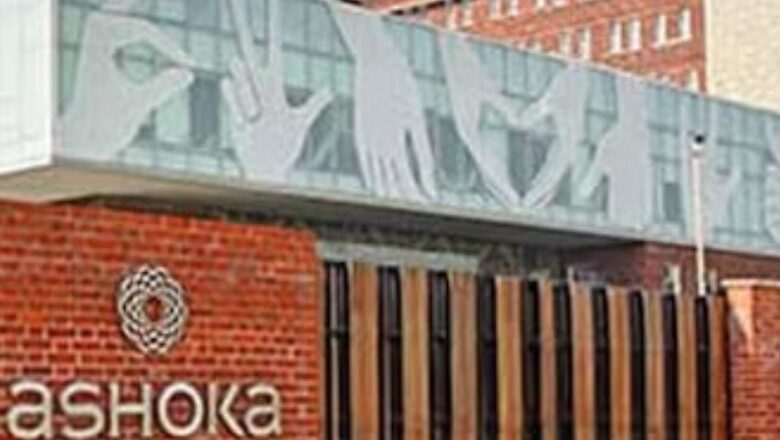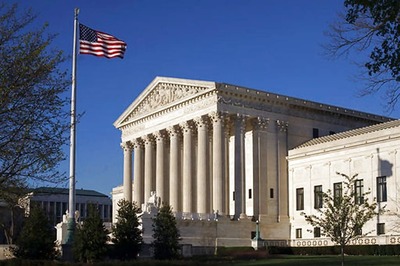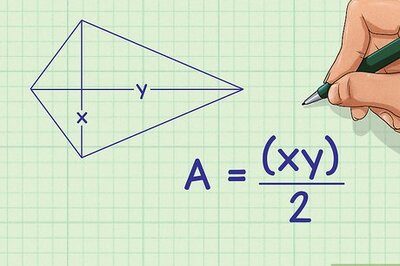
views
Ashoka University has been much in the news lately, mostly for the wrong reasons. Serving in another university, far more infamous in this regard, I must say that I am neither surprised nor overly concerned. I am speaking of Jawaharlal Nehru University in the national capital, considered preeminent in social sciences since its very inception, where I have been a professor for over two decades. I will not speak of parallels because Ashoka is a private university, but later bring in certain similarities, which could be learning experiences.
As to Ashoka, the storm has been brewing for long. I am sure the university authorities must have been preparing for it, even if not exactly now or under the present circumstances. But this is the time that they must show decisiveness and strength of character. Can any university allow itself to be dictated to, bullied, blackmailed, or diverted from its primary purpose by agitational politics? Even if those carrying it out are its own teachers? Of course, dialogue, compromise, and consensus are the preferred modes of conflict resolution in a university setting. But, beyond a point, no university should allow itself to be held hostage by a small but belligerent section of its stakeholders. That would set a very bad precedent, leading to loss of both credibility and control.
Having stated the obvious, let us look a little more closely at the problem at hand. Dr Sabyasachi Das, a former assistant professor of Economics at Ashoka, posted a paper on an online portal called Social Science Research Network. Titled “Democratic Backsliding in the World’s Largest Democracy,” this was actually a pre-publication paper, not yet submitted, let alone peer reviewed or published in any established journal. The paper made the claim that there could have been electoral manipulation, even fraud, in closely contested constituencies in the 2019 general elections in India. Especially those which the ruling Bharatiya Janata Party (BJP) won with very narrow margins. Furthermore, Das alleged that the BJP’s “Manipulation appears to take the form of targeted electoral discrimination against India’s largest minority group — Muslims, partly facilitated by weak monitoring by election observers. The results present a worrying development for the future of democracy.”
The paper, as might be expected, was immediately politicised with several members of the opposition and the treasury benches weighing in for or against it. Ashoka University also stepped in, issuing a clarification: “To the best of our knowledge, the paper in question has not yet completed a critical review process and has not been published in an academic journal… Social media activity or public activism by Ashoka faculty, students or staff in their individual capacity does not reflect the stand of the University.” On Monday, August 14th, Ashoka also put out a statement that it had accepted Das’ resignation. When exactly Das resigned or why was not clear, Das himself having made no public statement about it.
Before proceeding, let it be said that no academic should be terminated or made to resign on account of their views or research outputs. In fact, the Ashoka Vice-Chancellor’s statement indicated that Das’s resignation was not accepted for several days. The university actually tried to retain his services. Since Das’ resignation, however, the matter has escalated. Another faculty member from Economics has also resigned. In addition to Economics, the faculty of English and Creative Writing, and Political Science, have also issued statements condemning the Governing Body and asking for the unconditional reinstation of Das. The English and Creative Writing faculty even issued an ultimatum to the university: “We urge the governing body to address this immediately, but no later than August 23, 2023. Failure to do so will systematically wreck the largest academic department at Ashoka and the very viability of the Ashoka vision.”
They have threatened the university that if the issue before the start of the Monsoon 2023 semester, they would not no longer be able to work properly: “Unless these questions regarding basic academic freedoms are resolved before the start of the Monsoon 2023 semester, faculty members of the department will find themselves unable to carry forward their teaching obligations in the spirit of critical enquiry and the fearless pursuit of truth that characterise our classrooms.” Several academics, both from India and overseas, have also writing or circulating letters of support for Das, asking the university to give him back his job.
What is noteworthy in the strange and still unfolding case of Dr Sabyasachi Das and Ashoka University is that the focus has shifted completely from the former’s controversial, but now somewhat discredited unpublished paper, to his erstwhile university. The paper itself has not fared well. Apart from my own responses to it, there have been several others take-downs. I argued that Das’s paper actually “proves” the opposite of what it sets out to—that the incidence of possible manipulation is so low as to be next to negligible. I also question Das’s methodology and possible politics in putting such a paper into the public domain without having it published in a reputed journal.
Other critiques have been harsher. An article by “Yajnavalkya” accuses Das of possibly fudging or hiding data and codes. Nalin Mehta dubs Das’s paper “clickbait headline-hunting or ideological pamphleteering rather than robust academic research” . Mudit Kapoor, Associate Professor, Indian Statistical Institute, has also challenged Das’s conclusion: “the statistical findings of the paper do not support the claims in the paper”. In fact, there is not a single technical endorsement of the paper that I know of. Ironically, the Congress party’s leading intellectual and economist, Praveen Chakravarty himself discredits the paper, “But the analysis revealed nothing new or substantive, let alone evidence of manipulation in the 2019 Lok Sabha election. Anyone with reasonable knowledge of election data and research methods could have easily surmised that the young professor got carried away with analysis, losing the larger picture”.
Now, the question, is what should the university do? How should it salvage the situation, preventing it from turning into a major crisis?
[To be concluded]
The writer is an author, columnist, and professor at Jawaharlal Nehru University. Views expressed in the above piece are personal and solely that of the author. They do not necessarily reflect News18’s views.




















Comments
0 comment